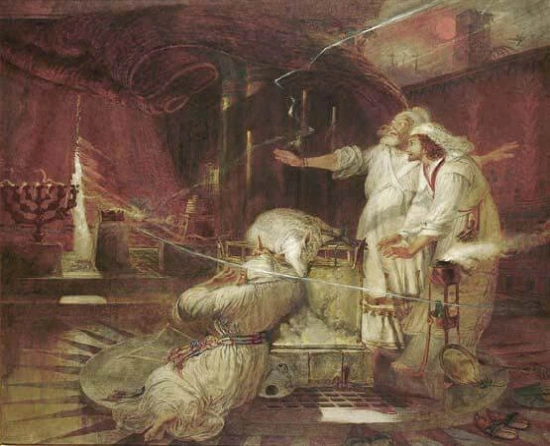
Title: Jesus, the Veil, and the Ten Commandments
Topic: Word
Summary: This is a video Bible study on the meaning of the veil in the Old and New Testaments. We discuss what impact the events in the New Testament - particularly the tearing of the veil of the temple - have on applicability of the Ten Commandments to our lives.
Use the reference links below to follow along in the Bible as you watch.
References:
2 Corinthians 3
John 5:39, 47
Matthew 27:50-51
Mark 15:37-38
Luke 23:45
John 2:18-21
Hebrews 6:19-20; 8:1-2, 8-10; 9:1-5; 10
Revelation 11:19; 15:5; 22:14
Exodus 26:30-35; 27:20-21; 30:6; 40:3
Leviticus 4:6-7
Numbers 4:5-15
Isaiah 25:1-9
Luke 24:27, 44







